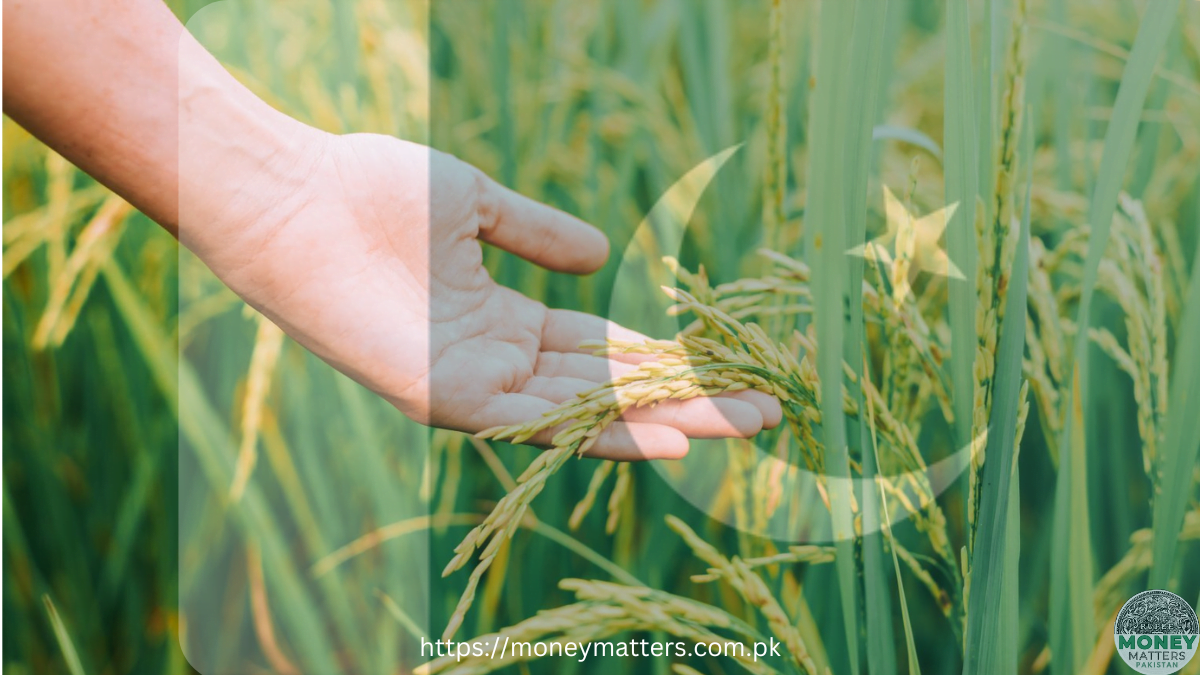Key Takeaways
– IMF suggests a 45% tax on agricultural income to align with non-salaried business taxes.
– Provincial laws need to be amended by October 2024.
– Livestock income tax exemptions are set to be rescinded by the end of October 2024.
Shahbaz Rana, a seasoned economic journalist, recently reported on the International Monetary Fund’s (IMF) proposal for Pakistan to implement a 45% tax on agricultural income. His insights shed light on the implications of this significant policy recommendation.
The IMF’s Proposal
As Pakistan negotiates a new bailout package with the IMF to stabilize its economy, the global lender has proposed a major change: imposing a 45% tax on agricultural income. According to Rana, this measure aims to eliminate the disparity in the current income tax regime without requiring constitutional amendments.
Structural Benchmarks and Deadlines
The IMF has set specific structural benchmarks for Pakistan to meet under the new agreement. “Subject to signing of the new agreement, the sources said that the global lender has set the October 2024 deadline to amend the existing provincial laws to bring them at par with the federal income tax law.” The IMF has also requested the removal of any income tax exemptions for the livestock sector by October this year.
Provincial Authority and Taxation
Under Pakistan’s Constitution, the federal government cannot tax agricultural income; this responsibility lies with the provinces. Despite agriculture contributing 24% to the economy, it accounts for less than 0.1% of total tax revenue. The IMF has asked provinces to adopt the federal income tax rates for non-salaried business individuals, which can be as high as 45%.
Revised Tax Rates
Rana notes the disparity in tax rates before and after the budget changes: “Before the budget, the salaried income tax rate was 35% on the monthly gross income of over Rs500,000, which after the budget is 35% on the monthly income of Rs341,000 and 39% on the monthly income of Rs833,000. For the non-salaried individual, the new rate is 45% of the net income and after adding surcharge it is 50%.”
World Bank Estimates
The World Bank estimates that taxing agricultural income could generate revenue equal to 1% of Pakistan’s GDP, or approximately Rs1.22 trillion. This highlights the significant potential for revenue generation through agricultural taxation.
Provincial Responses and Implementation
According to Rana, provincial governments have largely agreed to the IMF’s demands. “The sources said that provincial governments have by and large given consent to the IMF’s demand.” The IMF has also engaged with provincial representatives, including those from Sindh, who expressed concerns about the high tax rates compared to the existing 15% maximum rate.
Aligning Provincial Tax Rates
Under the IMF’s condition, all four provinces must align their agricultural income tax regimes with the federal personal income tax rates. If any province is unable to implement the revised tax rates, the Federal Board of Revenue will be authorized to collect the tax from farmers and landlords.
Specific Provincial Tax Rates
Current provincial tax rates vary significantly. For instance, in Sindh, up to Rs1.2 million in annual agricultural income is exempt from tax, with higher rates applied to larger incomes. In contrast, Punjab imposes a minimal tax of Rs2,000 per annum on incomes up to Rs1.2 million, with higher rates for greater incomes.
Additional IMF Conditions
The IMF has also urged provinces to expand the GST on services and remove current exemptions within a year to enhance transparency and reduce loopholes. While the federal government successfully protected farmers from an 18% sales tax on fertilizer and pesticides, the IMF continues to push for broader tax reforms.
Conclusion
Shahbaz Rana highlights the potential impact of the IMF’s proposal on Pakistan’s economy and the agricultural sector. By aligning agricultural income tax rates with those for non-salaried business individuals, the IMF aims to create a more equitable tax system and generate significant revenue for the country.




